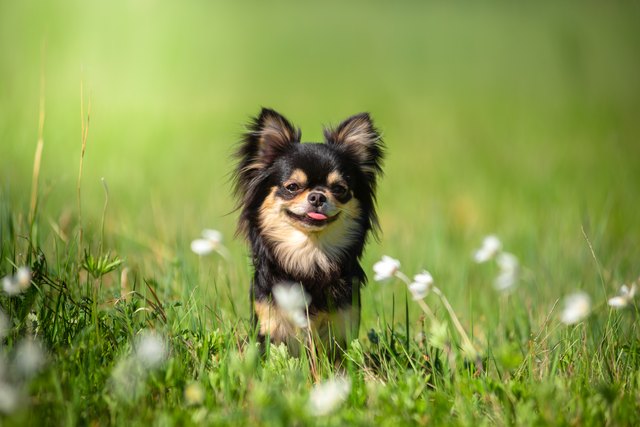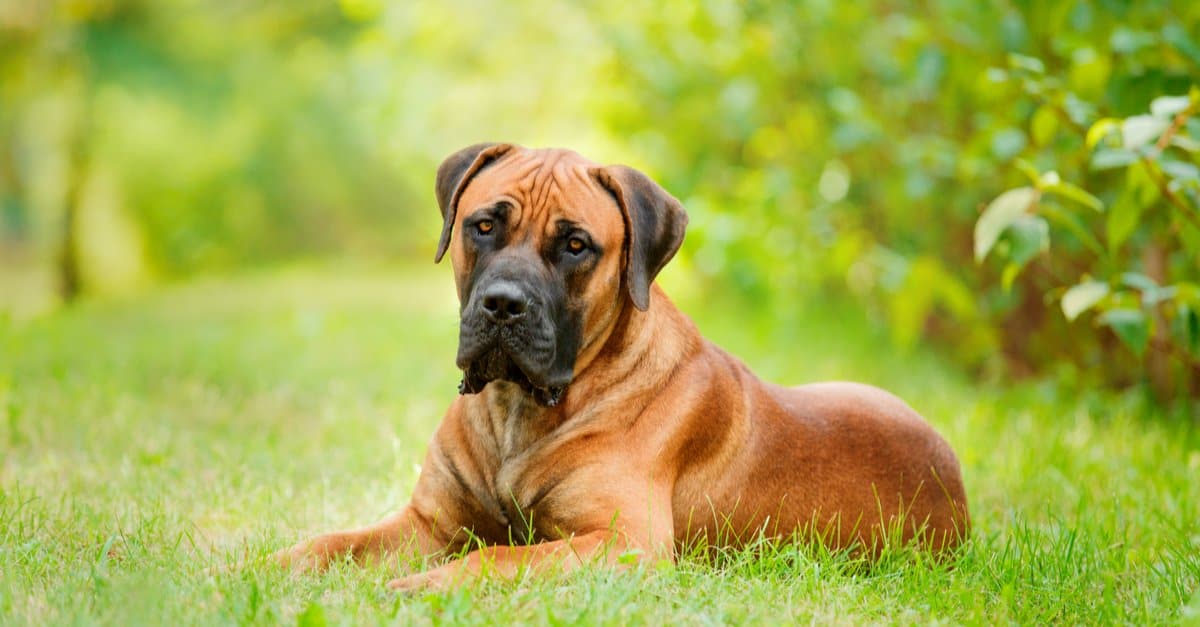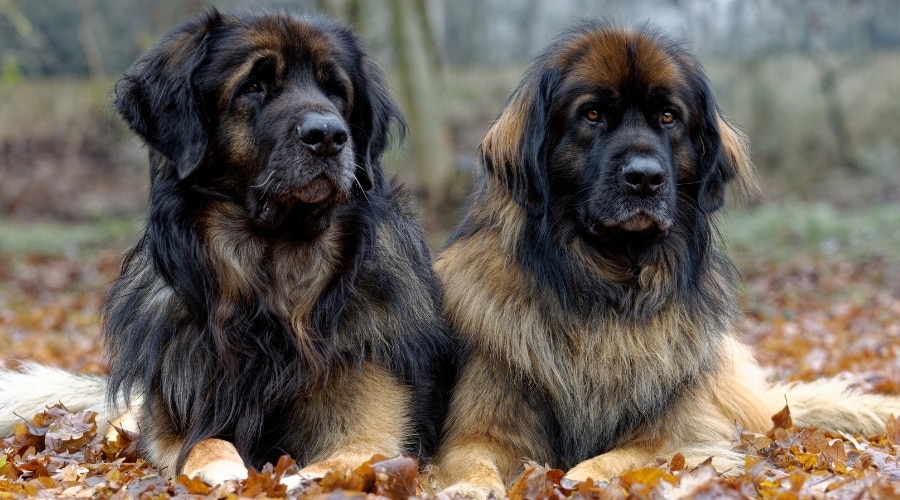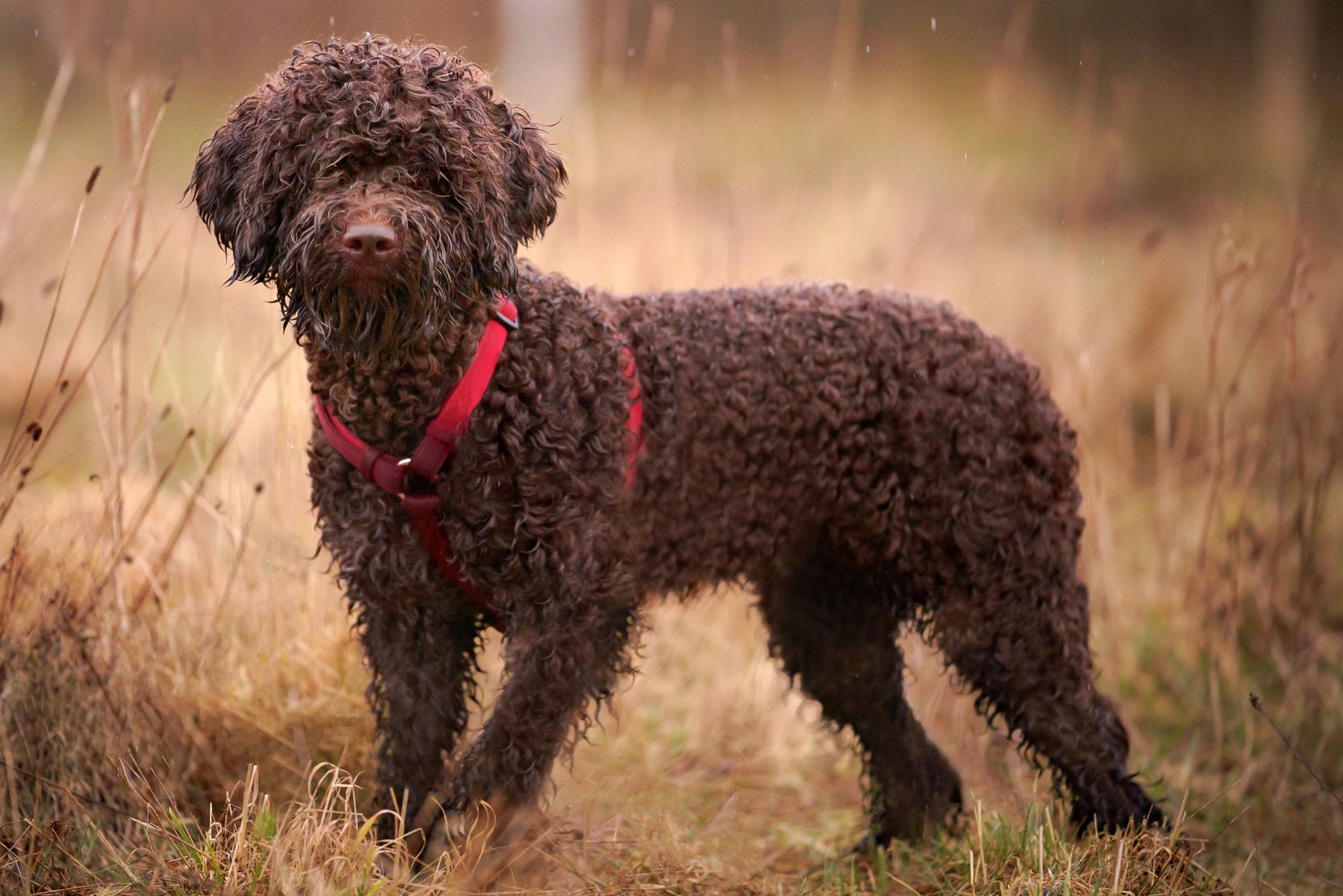Introduction
Chihuahuas are a diminutive canine breed that originated in Mexico. They are characterized by their small size, amiable nature, and distinctive personality. Despite their small stature, Chihuahuas are courageous and self-assured, making them ideal watchdogs. They come in a variety of coat colors and types, ranging from short-haired to long-haired, and are popular among families living in apartments or smaller homes due to their compact size.
Chihuahua Temperament
Chihuahuas are diminutive yet formidable canines renowned for their audacious personalities and assertive attitudes. Despite their size, they are self-assured and lively dogs that may require significant attention.
Chihuahuas demonstrate loyalty and fondness towards their owners, frequently forging robust connections with their families. Nonetheless, they may exhibit wariness towards strangers and may bark excessively to safeguard their territory.
Aggression
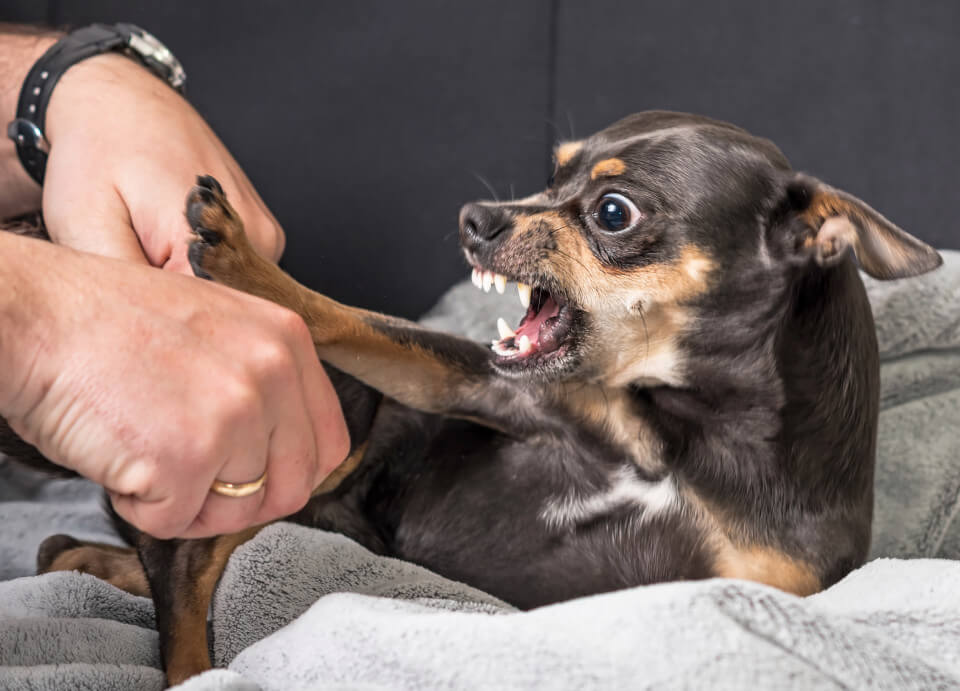
Chihuahuas are known for their big personalities and can sometimes exhibit aggressive behavior. This may be due to their small size and the need to defend themselves against perceived threats. They may also become possessive of their owners and show aggression towards strangers or other animals. It’s important to properly socialize and train your Chihuahua to prevent any unwanted behavior. Early socialization with people and other dogs can help them develop good behavior and reduce the risk of aggression. Additionally, positive reinforcement training techniques can be effective in teaching them appropriate behavior and reducing the risk of aggression.
Health and Lifespan of Chihuahua
The reported lifespan range of Chihuahuas is between 12 to 20 years, making them one of the longest-lived dog breeds. However, individual dogs may live shorter or longer than this range depending on factors such as genetics, diet, exercise, and overall health care. To maximize the lifespan of your Chihuahua, it is important to provide them with a healthy and active lifestyle, regular veterinary care, and a high-quality diet. Additionally, Chihuahuas may be prone to certain health conditions, such as dental issues and heart problems, so it’s important to stay on top of their health care needs.
Food
When it comes to feeding your Chihuahua, it’s important to choose a high-quality dog food that meets their nutritional needs. Chihuahuas have small stomachs, so it’s important to feed them small, frequent meals throughout the day rather than one large meal. Look for dog foods that are formulated specifically for small breeds, as these foods will have smaller kibble size and the right balance of nutrients for their size. A high-quality dog food should have meat as the main ingredient, with a balance of carbohydrates, fats, and essential vitamins and minerals. Avoid foods with fillers, artificial preservatives, and by-products.
Training for Chihuahua
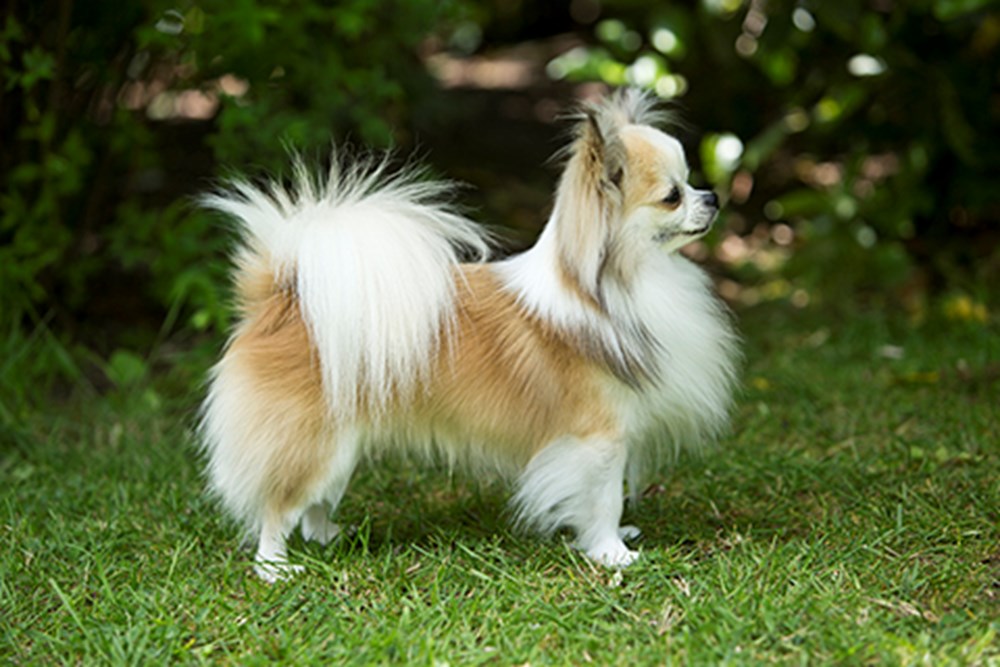
Training a Chihuahua can be a bit of a challenge due to their stubborn and independent nature, but it is certainly possible with patience, consistency, and positive reinforcement. Early socialization and training is important to help your Chihuahua develop appropriate behavior and social skills.
Positive reinforcement training, which involves rewarding good behavior with treats or praise, is often the most effective approach for Chihuahuas. Consistency is key, so it’s important to establish clear rules and boundaries and stick to them. It’s also important to keep training sessions short and frequent, and to make them fun and engaging for your Chihuahua.
Conclusion
In conclusion, the Chihuahua is a small and lively breed that makes for a great companion. While they can have a reputation for being yappy or aggressive, proper training and socialization can help prevent any unwanted behaviors. With their small size, Chihuahuas have unique dietary needs that should be taken into consideration when choosing their food. With the right care and attention, a Chihuahua can be a wonderful addition to any family.
